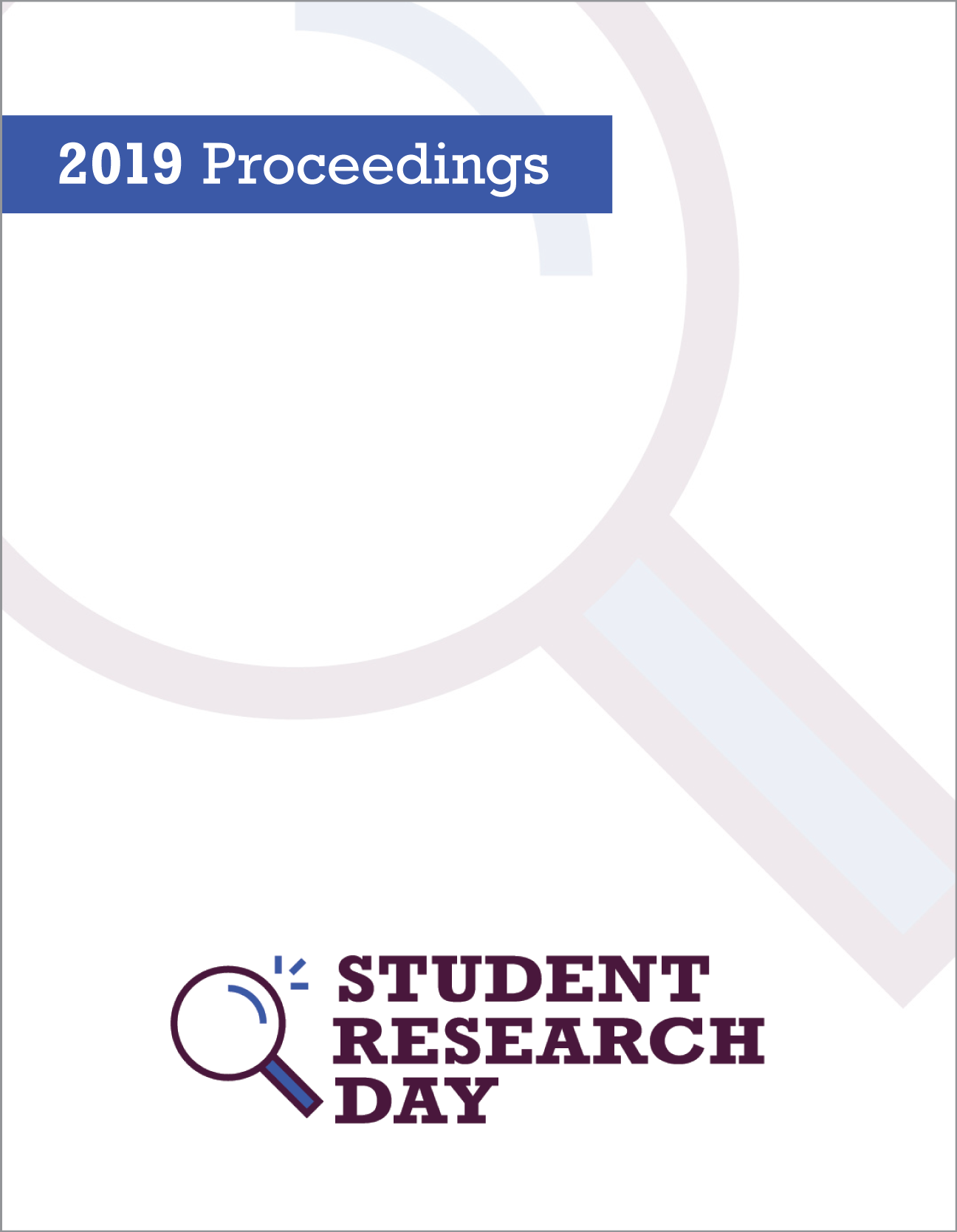Does Fairness Matter? Motivation Levels as a Result of Perceived Fairness
Abstract
Our research aims to understand the role of perceived fairness in selection mechanisms. Organizations use different selection mechanisms when recruiting people. The study explores peoples’ perceptions regarding the fairness, the specific questions being: (1) Do perceptions of fairness vary according to selection mechanisms? (2) Do these perceptions change depending on whether people are: selected/not selected, and whether they are offered cash / offered a voluntary position? (3) Do selection mechanisms affect peoples’ motivation for a task, even when the level of economic incentive is the same? Previous studies such as research by Kahneman et al (1986) challenge the traditional economic theory by demonstrating the effect of fairness on peoples’ decision making. They found that people perceive economic actions as fair when others were treated fairly, and that people resist unfair changes – even at a personal cost. What people perceive as fair was influenced by implicit rules deeming what was unfair. Additionally, Savage et al (2010) studied perceptions regarding fairness of different selection procedures. They found that weak first rule was perceived as most fair and that people regard price changes as fair when there was a humanitarian reason behind the change.
Our research extends this discussion by exploring peoples’ perceptions of fairness and their resultant motivation levels to do a task. We collected data through a survey among 254 MacEwan students. Subjects were presented with hypothetical scenarios regarding recruitment for a sustainability initiative on campus. Respondents were asked to rate their perceptions of fairness for four possible selection procedures. There were challenges designing a survey that incorporated all three of our research questions. We used eight different surveys; these surveys contrasted paid versus voluntary positions to determine if perceptions of fairness change. Data was collected through the Qualtrics platform which insured that each student viewed a random version of the survey and an equal number of each survey was presented. Our preliminary results indicate that selection procedures do affect perceptions of fairness and that people care more about fairness when being selected for a voluntary position. The next stage of our research includes setting up an actual sustainability initiative on campus and measuring student responses. Our research holds significance for how organizations use fair procedures in selecting people, ensuring compliance in public policy, and in determining how people value monetary versus non-monetary incentives.
Kahneman, D., J. Knetsch and R. Thaler. 1986. Fairness as a Constraint on Profit Seeking; Entitlements in the Market, American Economic Review. 76: 728-741.
Savage, D. A., & Torgler, B. 2010. Perceptions of fairness and allocation systems. Economic Analysis and Policy, 40(2), 229-248.
Faculty Mentor: Rohit Jindal
Department: Decision Sciences
References
Downloads
Published
Issue
Section
License
Authors retain any and all existing copyright to works contributed to these proceedings.



